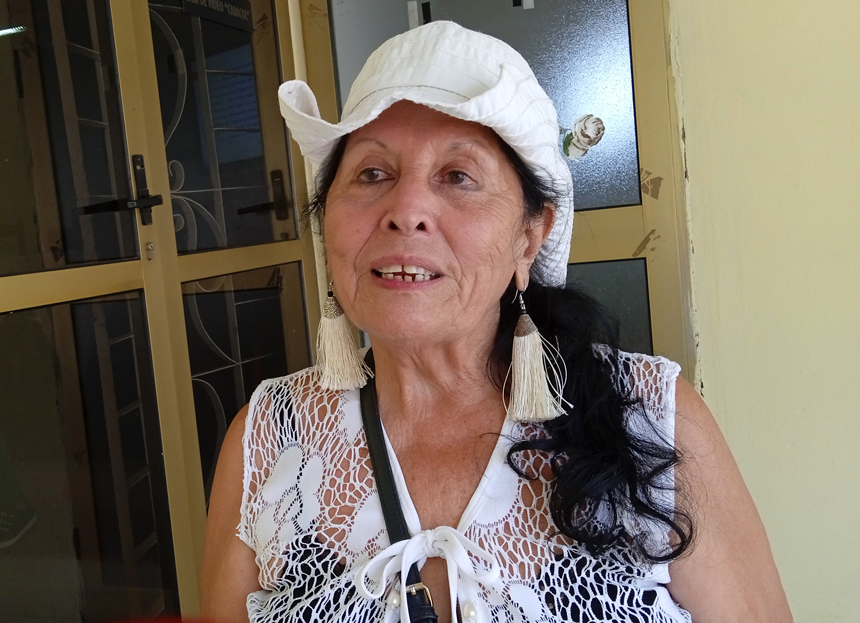
In one of the theoretical events of the Cucalambeana Fiesta, the presentation of two books was made by the researcher Amor Benítez Hernández, a specialist on the décima, who came from the capital of the country to present two investigations that every lover of the Cuban culture should know.
Las Tunas, Cuba.- A voces y Risas de Chanito Isidrón (Chanito Isidrón's Voices and Laughter) is a book that covers the life of that exponent of the repentismo and makes it clear that his way of doing it was typical of the 20th century, and also, he had a peculiar way of mixing humor and poetry, traits that characterized him.
Its author confessed to those present the disagreement of some with the way of expression used by Chanito. "Many told me that humor could not be made with poetry and I had to prove this, and it was one of the objectives that I had set myself as a researcher.”
"The satire and controversy of the humor of those years is an element that characterized the interpreter, and is currently revealed in the Palmas y Cañas television program."
JULITO MARTÍNEZ... THE POET OF PAIN
The other literary example by this author is De la Tierra a las Estrellas... Julito Martínez (From the Earth to the Stars... Julito Martínez), an exhibition that clearly reflects the musical traits that identified the author, whose fundamental theme was pain.
"The pain for Julito was a memory of his past life, of his childhood, his deplorable childhood; deficiencies of all kinds never allowed him to forget his roots, and be consistent with those who, like him, lived in precariousness. He sang to his wife, to life, with the same passion," Amor Benítez said.
He was also a humorist, he used various themes without abandoning the poetic image; he made exquisite sonnets, which allowed him to venture into the world of music from a very young age in the trova house of San Miguel del Padrón.
The reflection of reality for men is far from the reality of an artist, in which you have to know how to stage a totally subjective world, which sometimes conflicts with his present. In the case of Julito Martínez, it was not like that, he always used it to his advantage, creating a technique that set standards for the new generation.
"Julito was a teacher of the children's repentismo workshops, and with him, we must remember the work done in these spaces; this book speaks in homage to all the people who make it possible."





